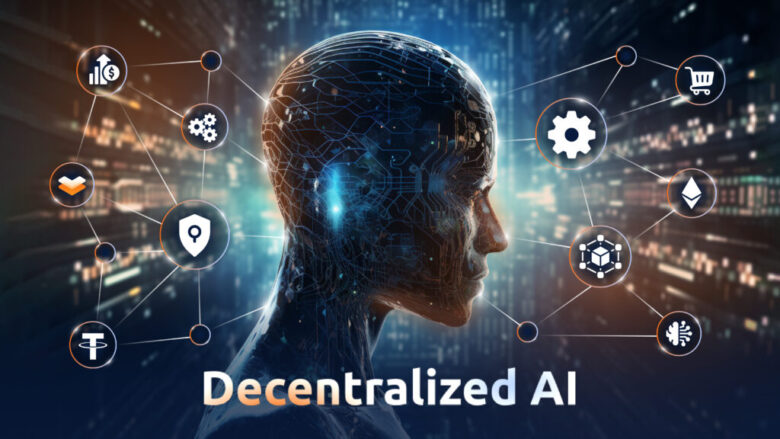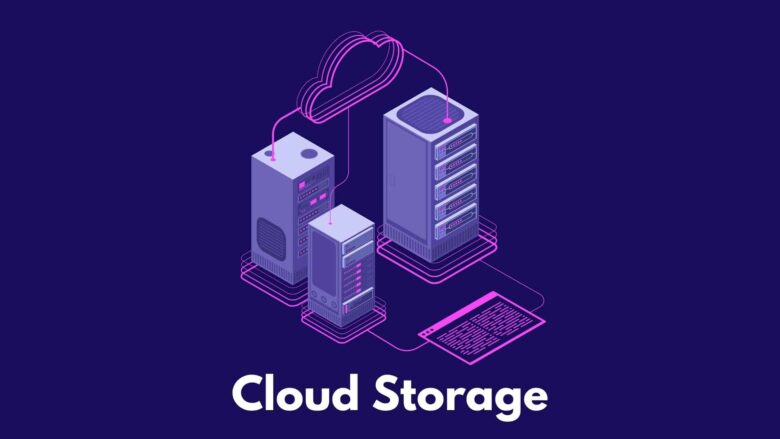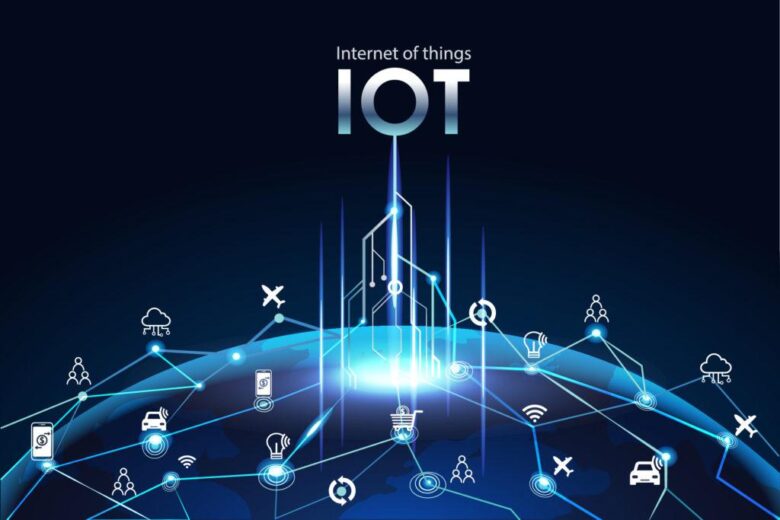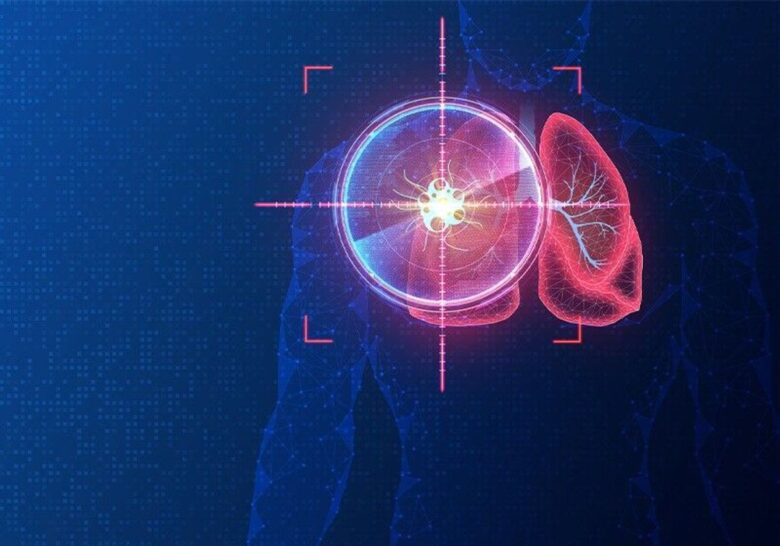Technology now dominates the modern workplace, from email notifications to video conferencing and instant messaging. These tools boost productivity and connectivity but also foster an always-on culture that blurs the lines between work and personal life. Setting appropriate technological boundaries at work is important for maintaining mental health, preventing burnout, and achieving career success. This …
Month: July 2025
Decentralized technologies are disrupting the management of businesses and organizations in the digital age. Decentralized Autonomous Organizations (DAOs) are at the forefront of this shift. Blockchain-based entities are transforming decision-making, authorization, and community collaboration. DAOs use code, community consensus, and smart contracts to replace CEOs, boards of directors, and hierarchical structures. This shift gives people …
Few breakthroughs have generated as much attention and disruption as blockchain technology. Originally developed to support cryptocurrencies, blockchain has become an essential tool for many businesses. Decentralized architecture makes data more transparent, secure, and robust. As organizations, governments, and entrepreneurs explore the possibilities of blockchain, it is clear that this architecture is transforming technology. Its …
In this connected world, our digital identities are more open than ever. From logging in to social networks to shopping online, we constantly share personal information with third parties. Could you please clarify the purpose of this information? Who controls it? How secure is it? Based on these key issues, a new digital trend has …
In an era where digital transformation is transforming many businesses, blockchain-based voting is becoming increasingly popular as a way to improve democracy. Fraud, inefficiency, and lack of transparency plague traditional voting methods. This dilemma has prompted people to seek more secure alternatives. Blockchain technology, which is autonomous and immutable, seems like a beneficial option. Blockchain …
While artificial intelligence (AI) is revolutionizing many industries, its reliance on centralized systems also raises concerns about privacy, security, and control. Decentralized AI offers a viable alternative by distributing machine learning operations across multiple nodes and minimizing reliance on any single entity. This strategy can mitigate risks such as bias and censorship, prevent data monopolies, …
In an era where data is money, data storage and security are crucial. Traditional cloud storage services have long offered organizations and consumers a convenient alternative. Centralized systems struggle with data breaches, high prices, vendor lock-in, and limited control over sensitive data. Decentralized data storage is more secure, transparent, and user-friendly. In this evolving architecture, …
The Internet of Things (IoT) has revolutionized the way we use technology by connecting everything from industrial sensors to smart homes. However, because traditional IoT systems rely on centralized servers, they are vulnerable to single points of failure, data breaches, and cyberattacks. A promising alternative is decentralized IoT, powered by peer-to-peer networks and blockchain technology. …
As technology advances, the healthcare sector is constantly evolving. Smart hospitals are among the most groundbreaking innovations. These modern hospitals integrate artificial intelligence, IoT, robotics, and big data to provide more efficient, accurate, and patient-focused treatment options. Digital tools support most patient treatments, facility management, and clinical workflows in smart hospitals. The goal is to …
Personalized medicine has profoundly changed healthcare delivery and its philosophy. Personalized medicine tailors treatment to each patient’s genes, environment, and lifestyle. Genomic sequencing, bioinformatics, and data analytics can quickly and affordably decode the genetic blueprint. This shift helps clinicians predict disease risk, identify effective medications, and reduce side effects. Personalized medicine promises more precise, proactive, …










